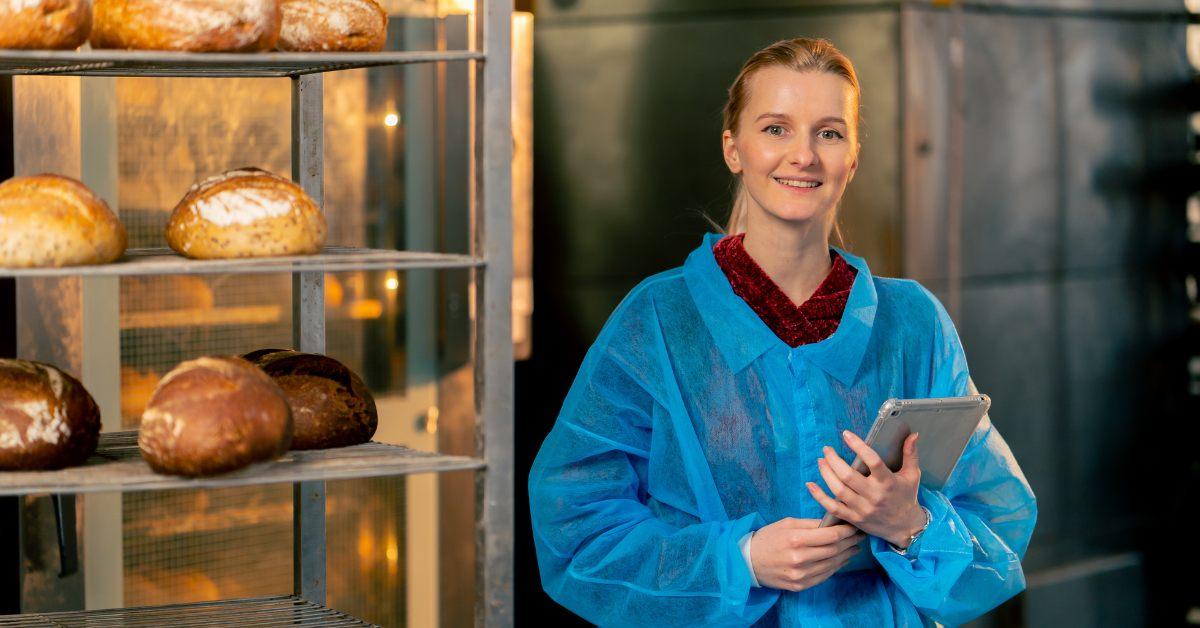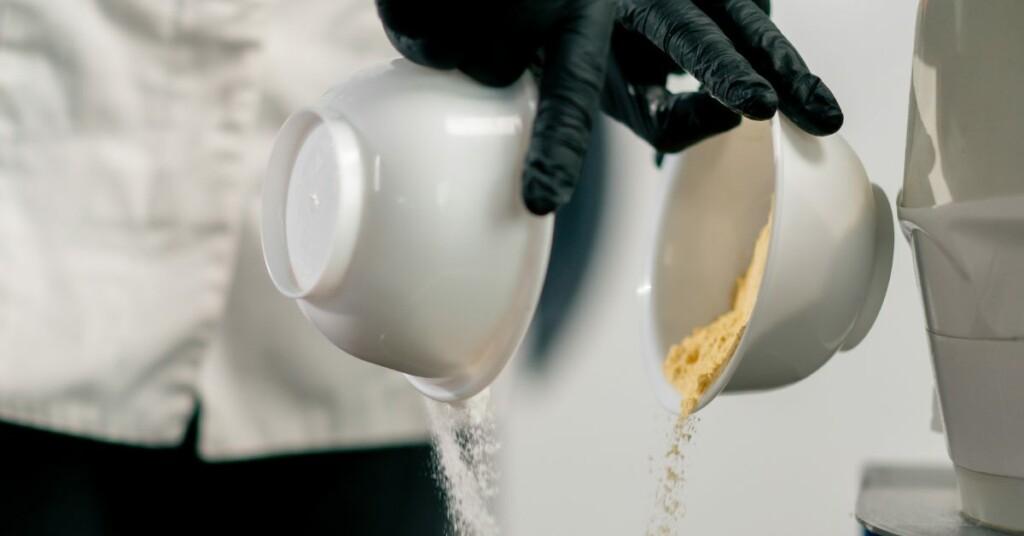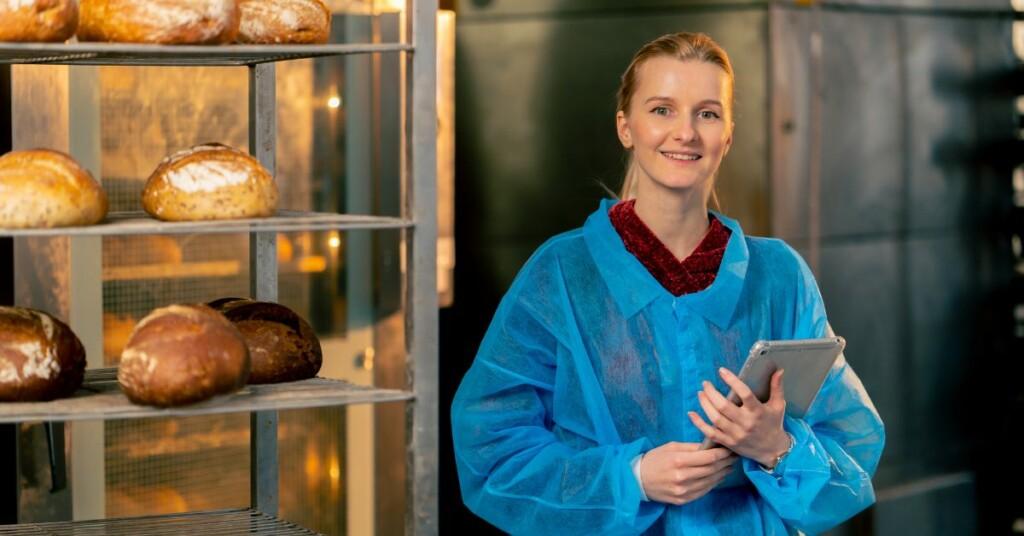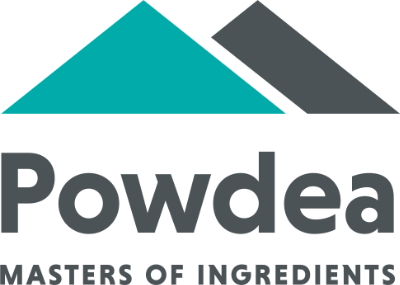As we all are painfully aware, today’s industrial bakeries face the challenge of balancing efficiency and minimizing waste. With the increasing costs of raw materials – particularly due to the rising prices of grain caused by the Ukraine conflict – production loss management and waste reduction is crucial for improving profitability. In highly automated bakery environments, the focus on precision and production loss management is key to staying competitive. Now, our experts’ reveal to you their top 5 tips to boost your process.
Five ways industrial bakeries can improve production loss management and reduce waste
1. Optimize your recipe accuracy from the start by recipe standardization
As you know – bakers often have their own unique style, and their personal touch can still shine through, even in industrial bakeries. However, our experts recommend starting with recipe standardization as the foundation for boosting both efficiency and profitability. When your recipes are precise, everything else is far more likely to fall into place!
We assure you, recipe standardization is the key to success in industrial bakeries. It ensures that every batch delivers the same great taste, texture, and quality your customers expect. By sticking to standardized recipes, you not only guarantee consistency but also streamline production, reducing costly errors, and waste. Precise ingredient control helps keep costs in check, preventing overuse and ensuring every resource is fully optimized.
2. Consider automating your small-ingredient dosing
Even though industrial bakeries are highly automated in ingredient dosing, this typically applies only to the main ingredients. Even though proper small-ingredient dosing is critical to achieving the desired rise, texture, and flavor in baked goods, in many bakeries, smaller ingredients like salt or dough enhancers are still measured manually. This introduces inconsistencies and opportunities for human error, which can lead to costly mistakes.
Small amounts can have a big impact, even in small-ingredient dosing.
Think about the case with yeast: If the wrong amount of yeast is used in a batch, it can significantly affect the final product. For example, if too much yeast is added, the dough may rise excessively, resulting in a product that becomes too large for its packaging. This can lead to packaging issues, deformities, and even wasted product. On the other hand, if too little yeast is used, the dough won’t rise enough, producing a product that is overly dense, flat, and lacking in volume. In both cases, the result is poor-quality products that are not only unsellable but also waste valuable ingredients and production time.
To tackle problems like these, we highly recommend implementing automation for small-ingredient dosing as well. We know, a small variation in the amount of small-ingredients may seem like a minor issue, but over the course of a year it can lead to significant losses when dealing with large volumes.
3. Reduce product variance with consistent monitoring
As noted earlier, small amounts can have a big impact. Even a small deviation in ingredient use can lead to significant waste over time. For example, a 1% overuse of ingredients over the course of a year can result in substantial losses. And when it comes to profitability, it’s preferable to avoid any unnecessary losses.
So, what to do? Monitoring your process is pivotal, but checks every now and then don’t suffice, when we are talking about ongoing manufacturing. The answer is automated monitors, which monitor the entire process – all the time. If a discrepancy occurs, the system immediately alerts the operator, allowing for adjustments before waste escalates.
4. Enhance batch consistency with calibration and analytics
In an industrial bakery environment, regular calibration of equipment – including ovens, mixers, and other critical machinery – is essential for ensuring consistent product quality and operational efficiency. While machines may show they are functioning correctly, without proper calibration, there’s a risk that they are producing inaccurate results.
By keeping equipment properly calibrated, bakeries can avoid costly mistakes and ensure that their operations are running smoothly, with minimal waste and maximum efficiency.
For instance, an oven may indicate it’s at the correct temperature, or a mixer might seem to be operating at the right speed, but without regular calibration, these readings could be off, leading to uneven baking or improper dough mixing. This can have significant consequences for an industrial bakery, where even small inconsistencies in temperature or ingredient mixing can lead to batch failures, increased waste, or substandard product quality.
Calibration ensures that everything doesn’t appear “green” while actually being miscalibrated. We recommend calibrating at least once a year to prevent hidden errors. where the machine believes it’s accurate but isn’t.
5. Review the machines in your production line
If your bakery’s equipment was purchased decades ago, it’s definitely time to consider an upgrade. Older equipment often lacks the precision and efficiency that today’s technology offers. Over the past few years, technology has advanced rapidly, becoming both faster and more precise, particularly when it comes to ingredient dosing, monitoring, and process automation.
As we learned earlier, in an industrial bakery environment, where high-volume production is key, even small inefficiencies in outdated machines can lead to significant waste. For instance, older machines may not offer the same degree of accuracy in dosing ingredients, which can lead to product inconsistencies and affect overall quality.
By upgrading outdated machines, bakeries can not only improve dosing accuracy but also integrate digital monitoring systems that alert operators to any discrepancies in real-time. This ensures issues can be corrected immediately, preventing escalation into larger problems.
Interested in learning more? We are here to help you with production loss management and enable your sustainable growth with the right dose of key small-ingredients
Powdea provides automated dosing solutions designed to improve production efficiency and reduce waste in industrial bakeries. By digitizing and automating the small-ingredient dosing process, we ensure that each ingredient is added with the utmost precision. The digital monitoring system also provides real-time feedback, alerting operators to potential issues before they result in significant losses.
Read more about our solutions for industrial bakeries!
